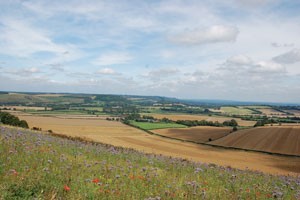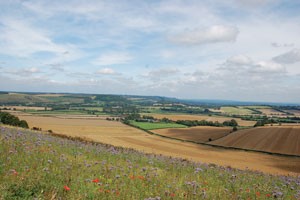 The importance of shooting’s contribution to conservation is highlighted by the reduction in government spending announced this week.
The importance of shooting’s contribution to conservation is highlighted by the reduction in government spending announced this week.
The shooting community, which influences the management of some 14 million hectares – two-thirds of the total rural land area – is already helping government reach its targets and conserve key species. Shooting provides the equivalent of 16,000 full-time jobs in conservation and spends £250 million a year on conservation, eight times more than the RSPB spends on managing its reserves.
It is widely acknowledged that improving habitat for game enhances its value for many other species and can effectively reinforce agri-environment schemes. The Game and Wildlife Conservation Trust’s Allerton project showed that the number of songbirds on a farm doubled when game management practices were introduced.
BASC believes that the 30 per cent economies to be achieved by Defra emphasise the need for private landowners, land managers and those who shoot to continue improving habitat and encouraging wildlife.
Through its work on mink control BASC has achieved a remarkable improvement in the status of water voles, which are a priority biodiversity target species. BASC’s director of conservation, Tim Russell, said: “Shoots make an immense contribution to the UK’s biodiversity and have the potential for even more. Often a small effort can reap big rewards for wildlife. There is a huge amount of conservation advice on the BASC website and the team at BASC is always ready to advise and help shoots realise their full potential.”
BASC chairman Alan Jarrett said: “We’ve never shirked from our role as guardians of the countryside but now it’s more important than ever. I can think of few other groups that cherish the countryside and take such positive steps to conserve it as those who shoot; the reduction in government funding should act as a spur to shooters to ensure that their land continues to be a haven for wildlife.”
ENDS
